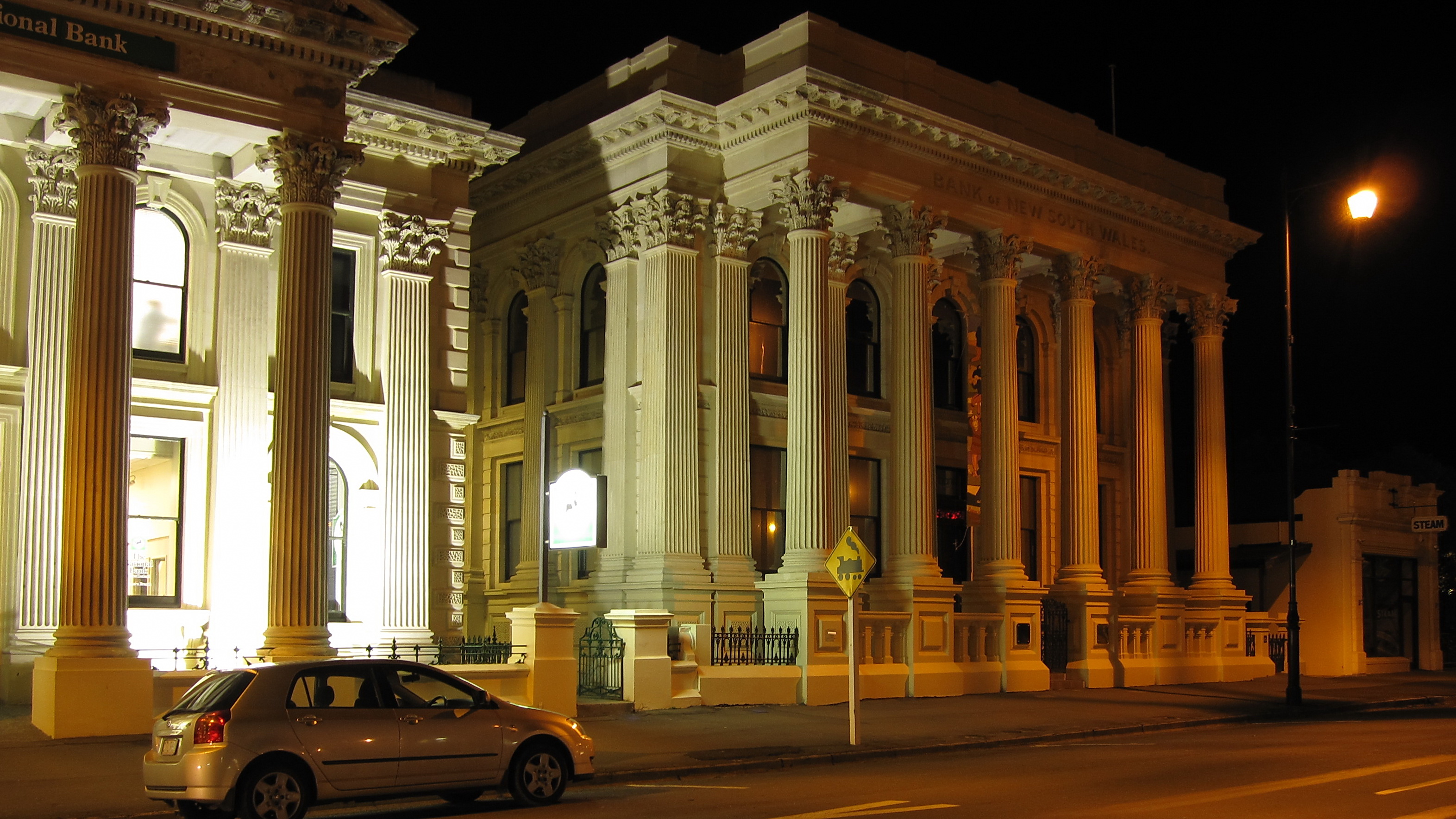
Non-disclosure agreement
A non-disclosure agreement (NDA), also known as a confidentiality agreement (CA), confidential disclosure agreement (CDA), proprietary information agreement (PIA), or secrecy agreement (SA), is a legal contract or part of a contract between at least two parties that outlines confidential material, knowledge, or information that the parties wish to share with one another for certain purposes, but wish to restrict access to. Doctor–patient confidentiality (physician–patient privilege), attorney–client privilege, priest–penitent privilege and bank–client confidentiality agreements are examples of NDAs, which are often not enshrined in a written contract between the parties.
It is a contract through which the parties agree not to disclose any information covered by the agreement. An NDA creates a confidential relationship between the parties, typically to protect any type of confidential and proprietary information or trade secrets. As such, an NDA protects non-public business information. Like all contracts, they cannot be enforced if the contracted activities are illegal. NDAs are commonly signed when two companies, individuals, or other entities (such as partnerships, societies, etc.) are considering doing business and need to understand the processes used in each other's business for the purpose of evaluating the potential business relationship. NDAs can be "mutual", meaning both parties are restricted in their use of the materials provided, or they can restrict the use of material by a single party. An employee can be required to sign an NDA or NDA-like agreement with an employer, protecting trade secrets. In fact, some employment agreements include a clause restricting employees' use and dissemination of company-owned confidential information. In legal disputes resolved by settlement, the parties often sign a confidentiality agreement relating to the terms of the settlement.[1][2] Examples of such agreements are The Dolby Trademark Agreement with Dolby Laboratories, the Windows Insider Agreement, and the Halo CFP (Community Feedback Program) with Microsoft.
In some cases, employees who are dismissed following their complaints about unacceptable practices (whistleblowers), or discrimination against and harassment of themselves, may be paid compensation subject to an NDA forbidding them from disclosing the events complained about. Such conditions in an NDA may not be enforceable in law, although they may intimidate the former employee into silence.[3]
A similar concept is expressed in the term "non-disparagement agreement", which prevents one party from stating anything 'derogatory' about the other party.[4]
A NDA can protect any type of information that is not generally known. They may also contain clauses that will protect the person receiving the information so that if they lawfully obtained the information through other sources they would not be obligated to keep the information secret.[6] In other words, the NDA typically only requires the receiving party to maintain information in confidence when that information has been directly supplied by the disclosing party
Some common issues addressed in an NDA include:[7]
Law and practice by jurisdiction[edit]
India[edit]
NDAs are used in India.[8] They have been described as "an increasingly popular way of restricting the loss of R&D knowledge through employee turnover in Indian IT firms".[8] They are often used by companies from other countries who are outsourcing or offshoring work to companies in India.[9][10] Companies outsourcing research and development of biopharma to India use them, and Indian companies in pharmaceuticals are "competent" in their use.[11][12] In the space industry, NDAs "are crucial".[13] "Non-disclosure and confidentiality agreements ... are ... generally enforceable as long as they are reasonable."[14] Sometimes NDAs have been anti-competitive and this has led to legal challenges.[15]
United Kingdom[edit]
In the United Kingdom, the term "back-to-back agreement" refers to an NDA entered into with a third party who legitimately receives confidential information, putting them under similar non-disclosure obligations as the initial party granted the information. Case law in a 2013 Court of Appeal decision (Dorchester Project Management v BNP Paribas) confirmed that a confidentiality agreement will be interpreted as a contract subject to the rules of contractual interpretation which generally apply in the English courts.[16]
NDAs are often used as a condition of a financial settlement in an attempt to silence whistleblowing employees from making public the misdeeds of their former employers. There is law, the Public Interest Disclosure Act 1998, which allows "protected disclosure" despite the existence of an NDA, although employers sometimes intimidate the former employee into silence despite this.[3][17]
In some legal cases where the conditions of a confidentiality agreement have been breached, the successful party may choose between damages based on an account of the commercial profits which might have been earned if the agreement had been honoured, or damages based on the price of releasing the other party from its obligations under the agreement.[18]
Commercial entities entering into confidentiality agreements need to ensure that the scope of their agreement does not go beyond what is necessary to protect commercial information. In the case of Jones v Ricoh, heard by the High Court in 2010, Jones brought an action against the photocopier Ricoh for breach of their confidentiality agreement when Ricoh submitted a tender for a contract with a third party. Ricoh sought release from its obligations under the agreement via an application for summary judgment, and the court agreed that the relevant wording "went further than could reasonably be required" to protect commercial information. The agreement was held to be in breach of Article 101 of the Treaty on the Functioning of the European Union, which prohibits agreements which had the object or effect of distorting competition, and was therefore unenforceable.[19]
United States[edit]
NDAs are very common in the United States, with more than one-third of jobs in America containing an NDA. The United States Congress passed the Speak Out Act in 2022, which prohibits them in regard to sexual harassment and sexual assault, and the bill was signed into law by President Joe Biden on December 7, 2022.[20]
Some states, including California, have special circumstances relating to NDAs and non-compete clauses. California's courts and legislature have signaled that they generally value an employee's mobility and entrepreneurship more highly than they do protectionist doctrine.[21][22]